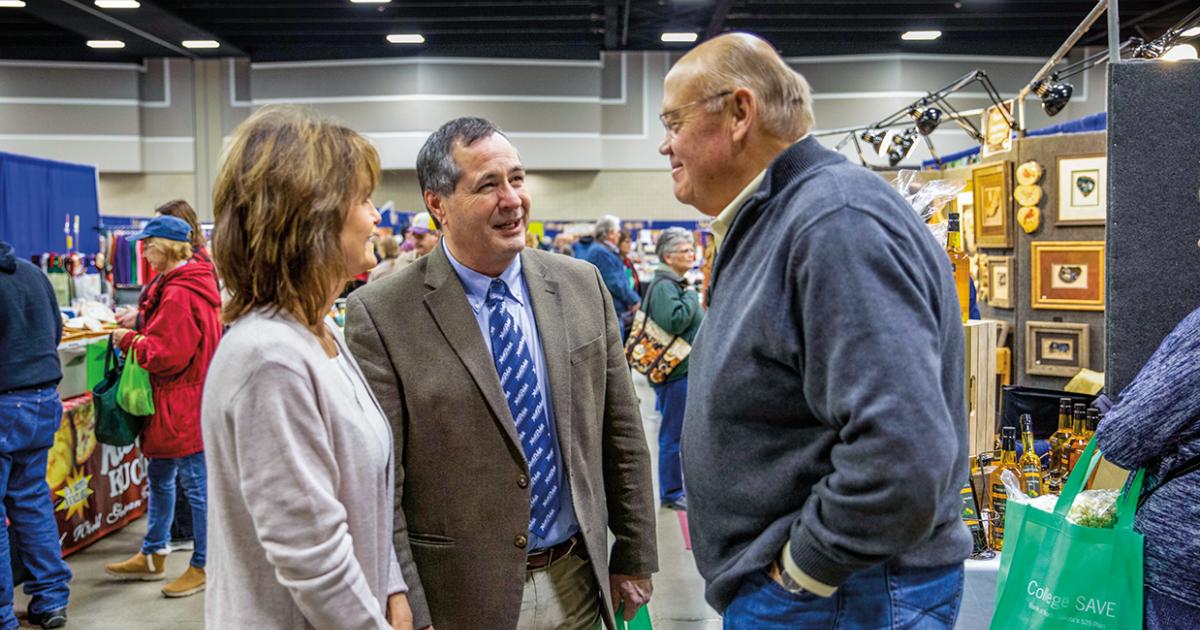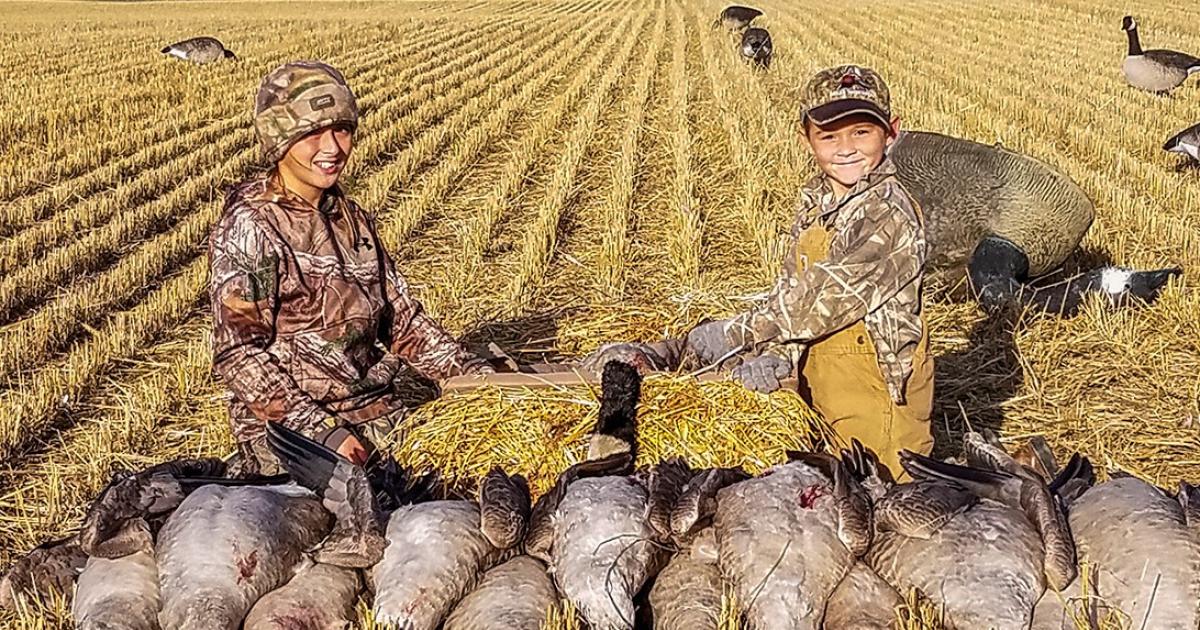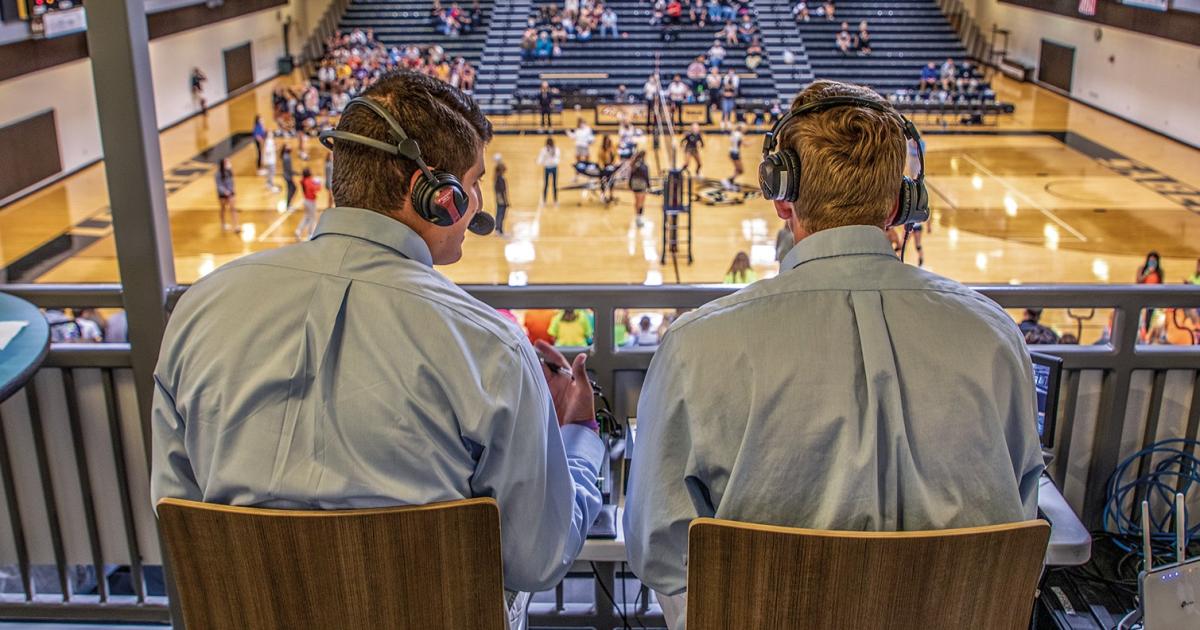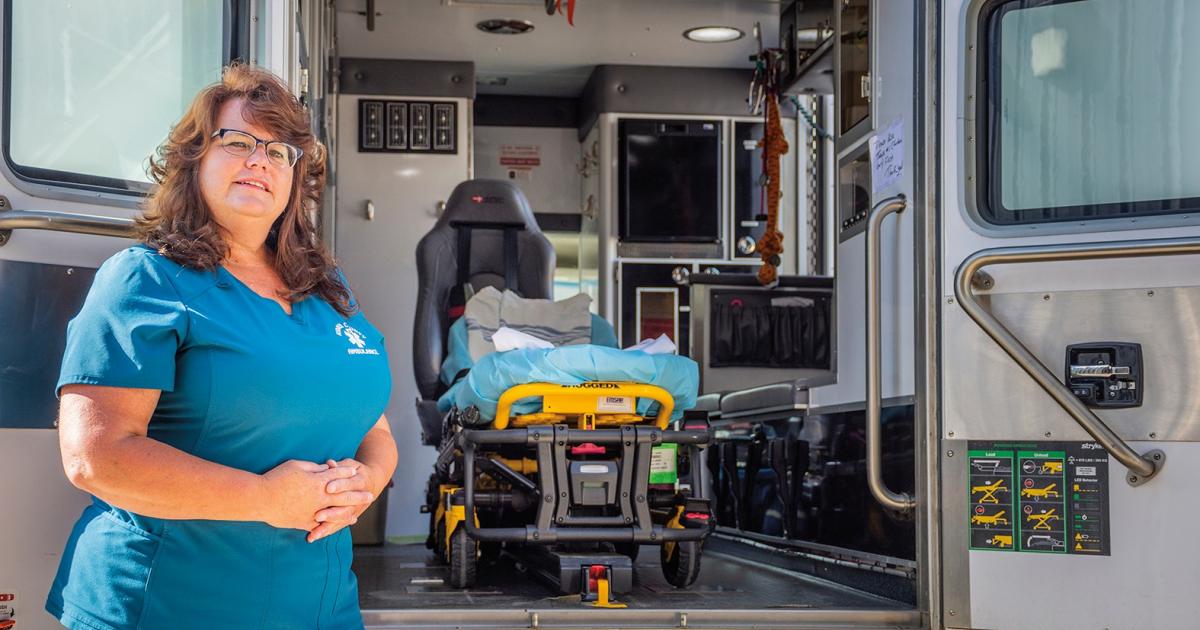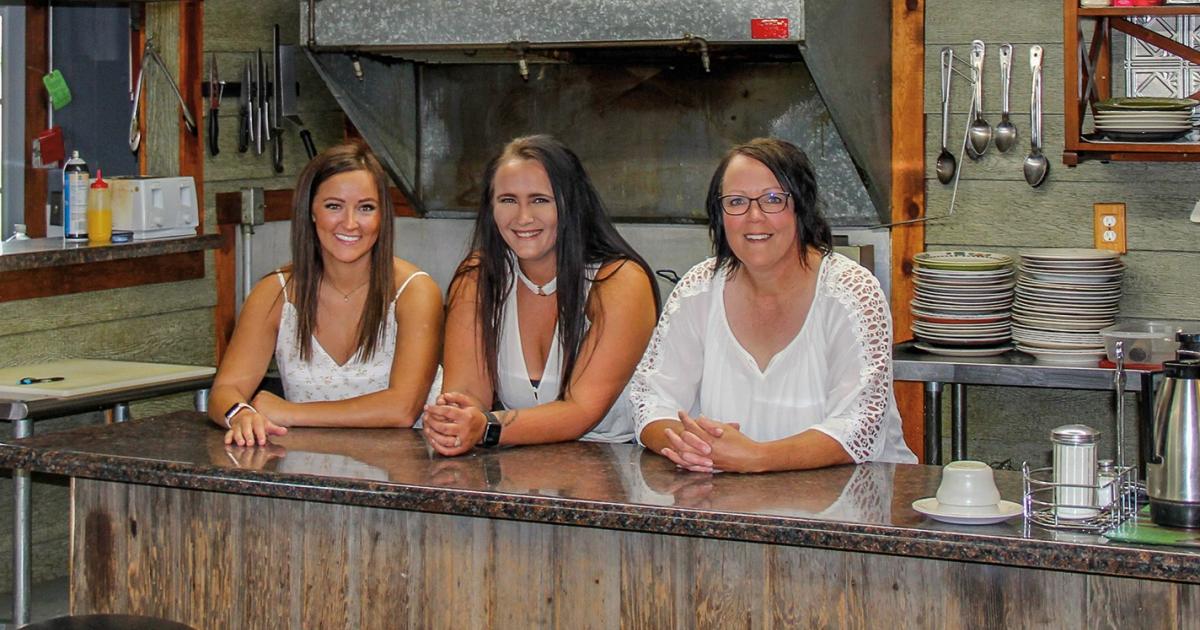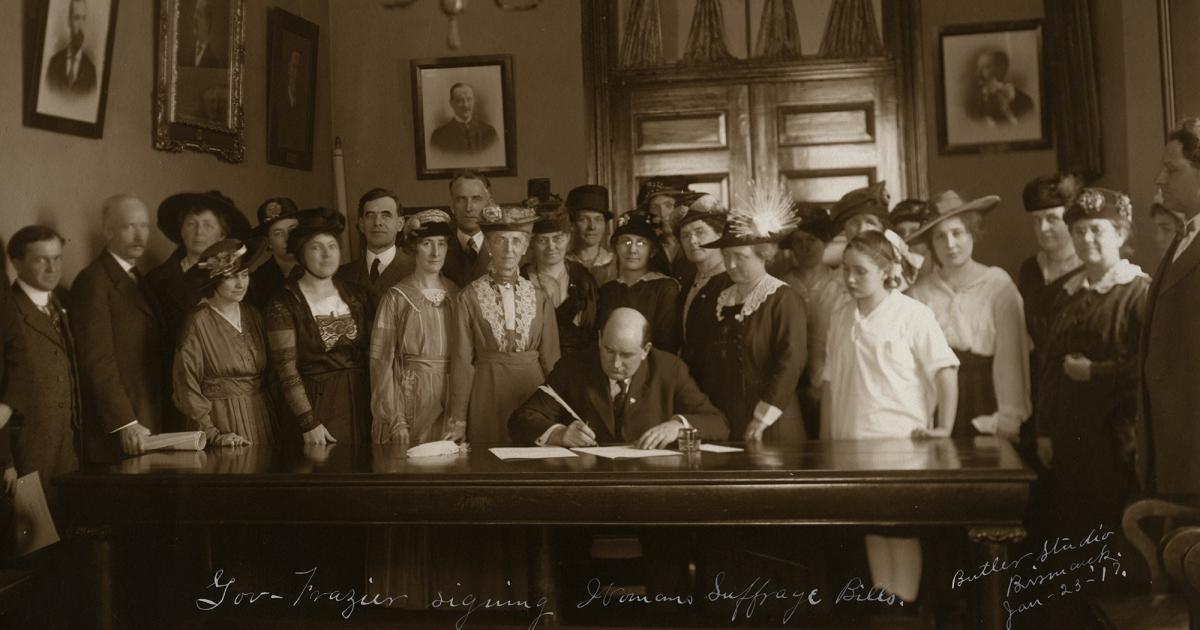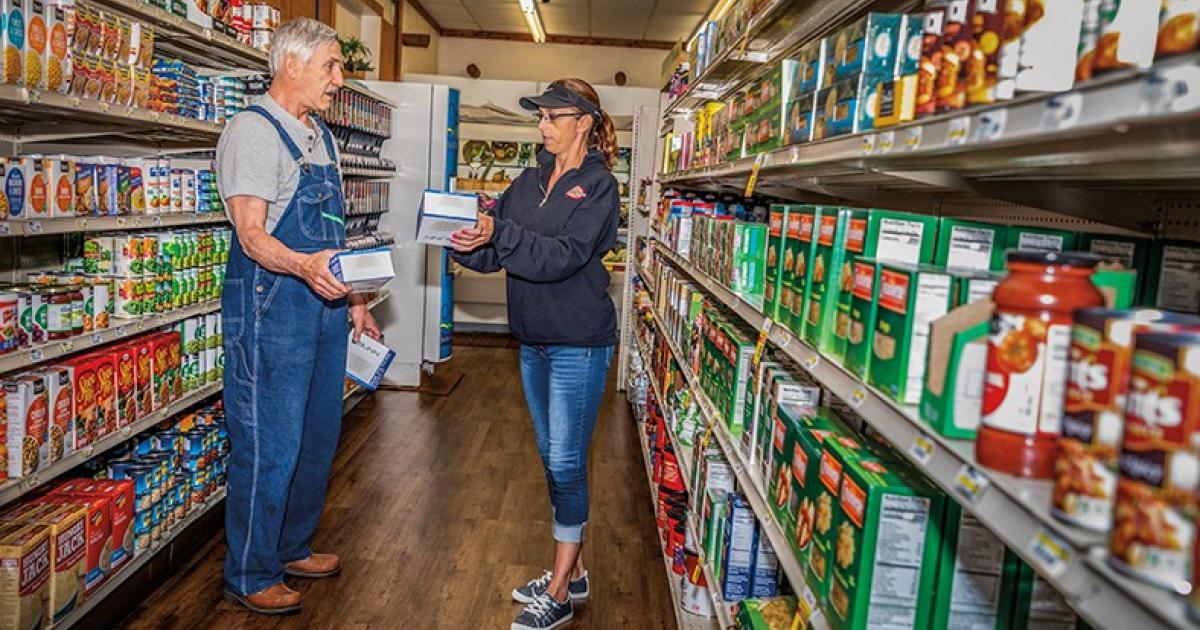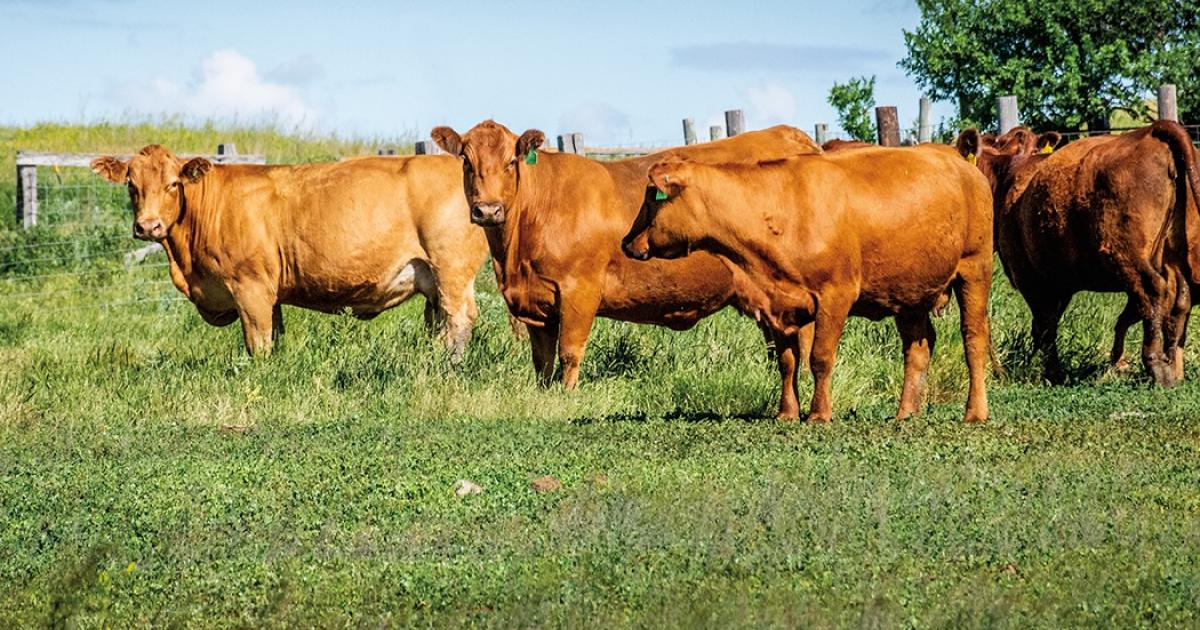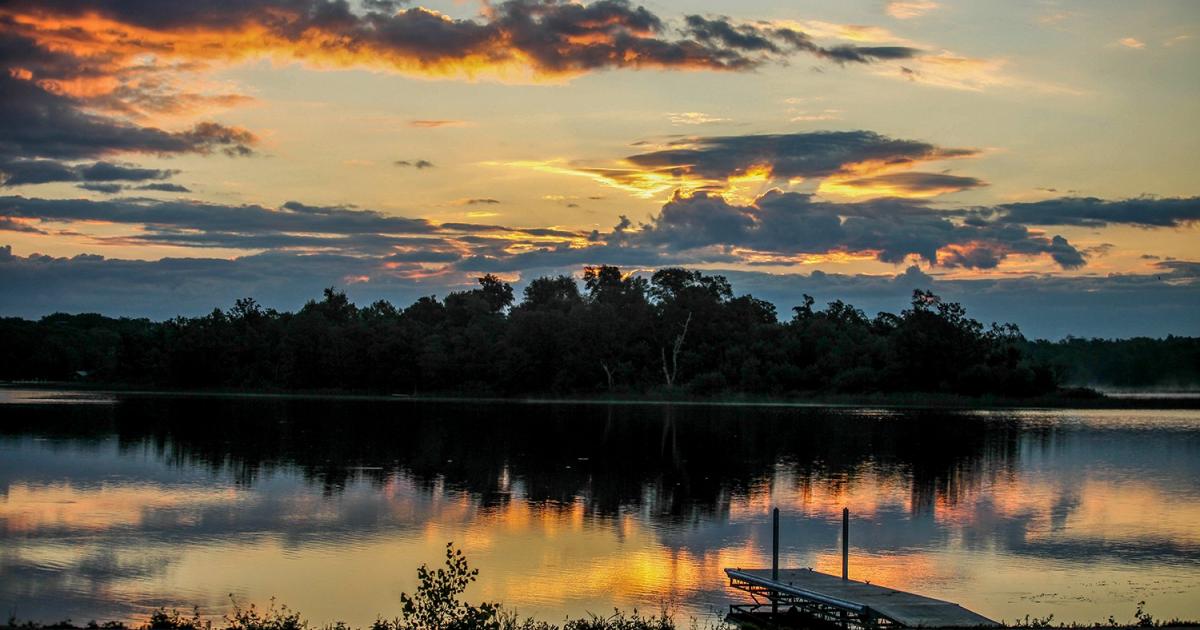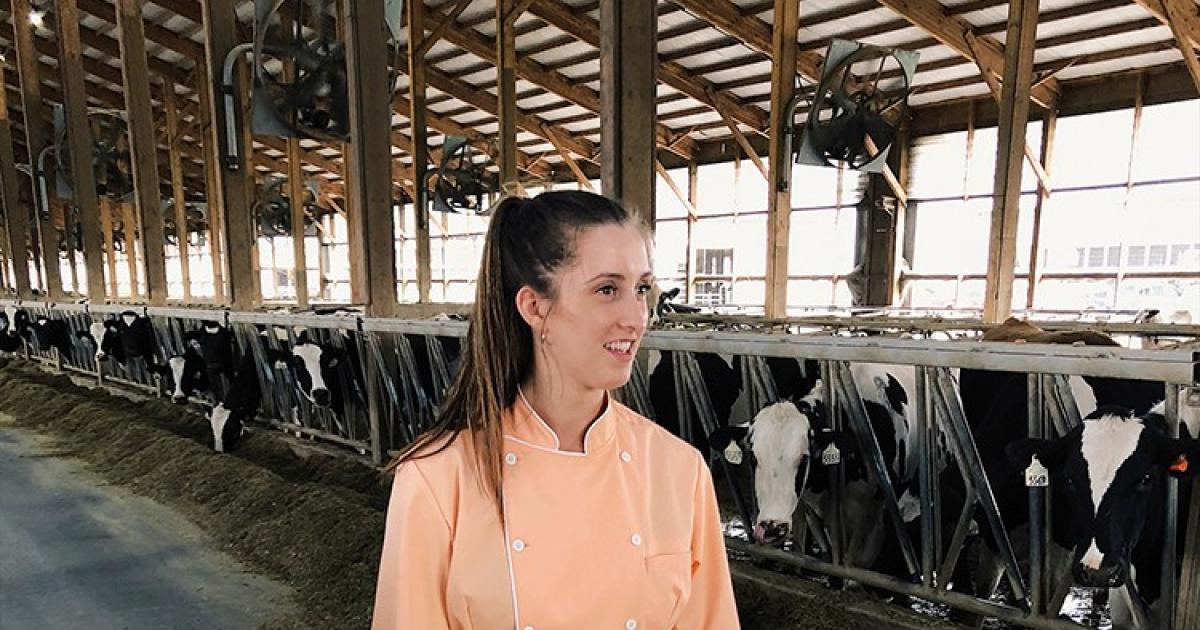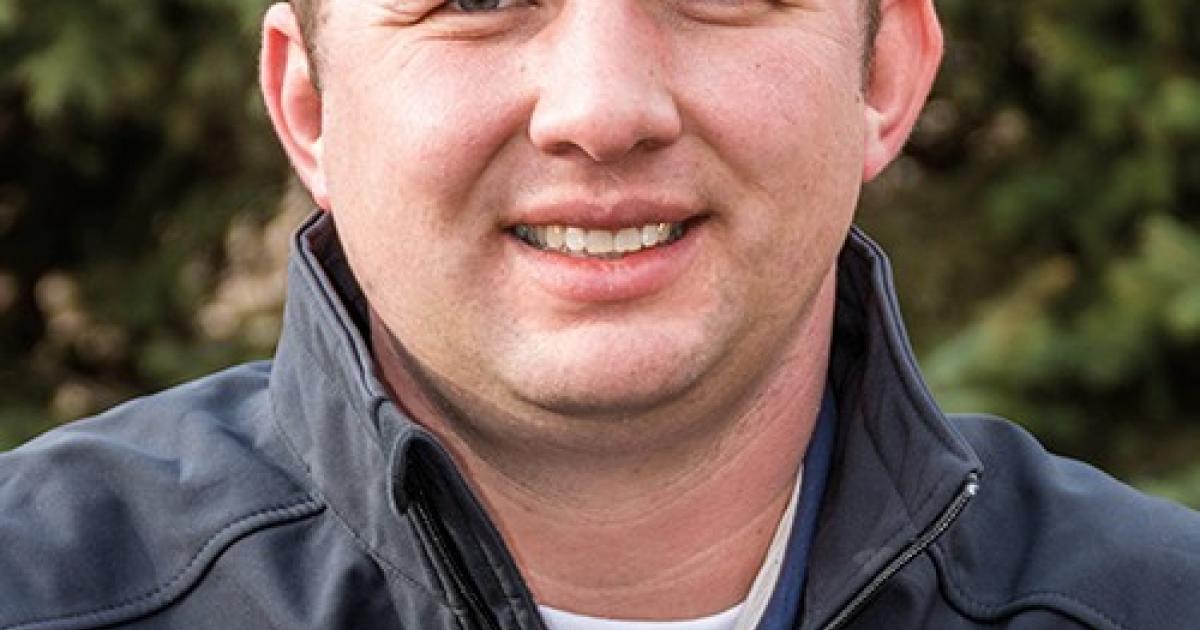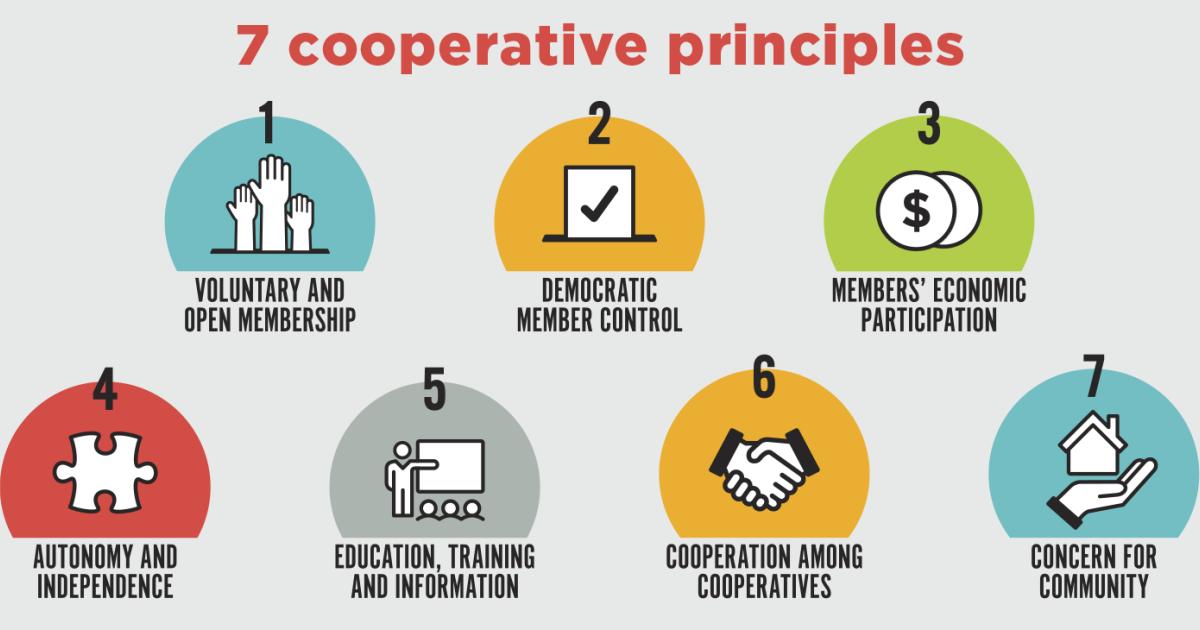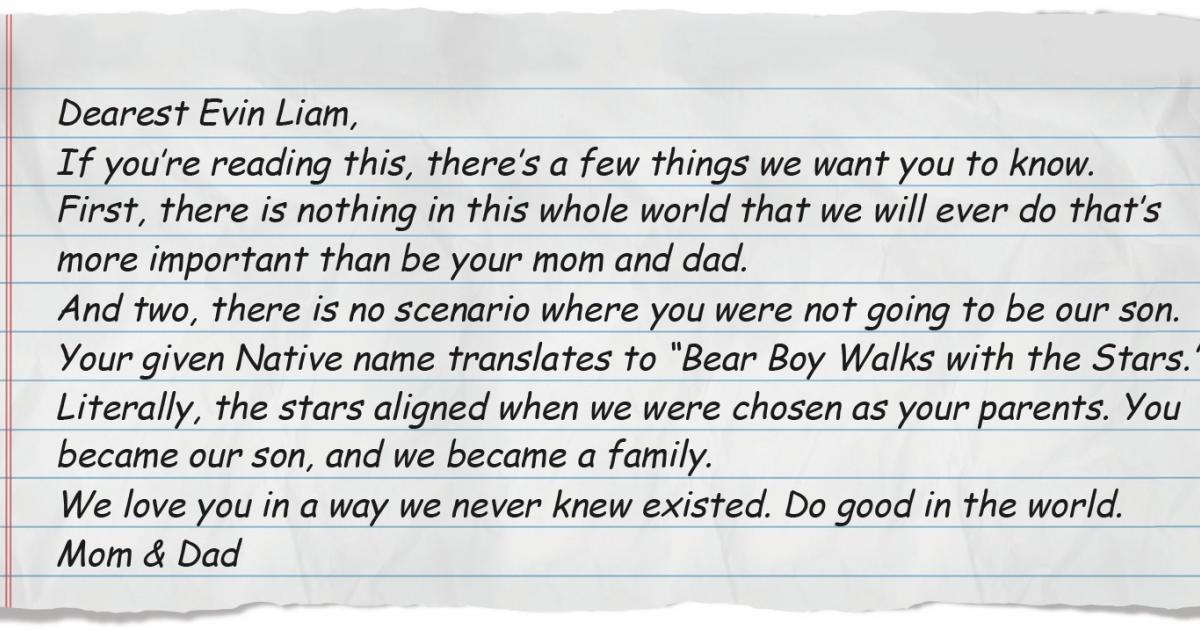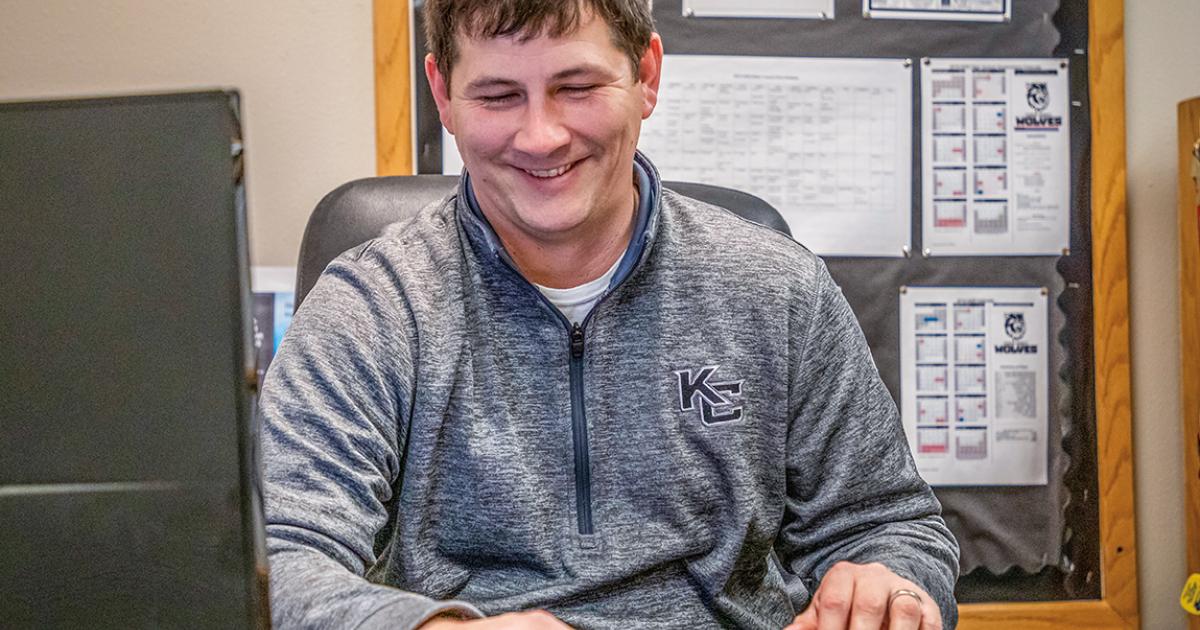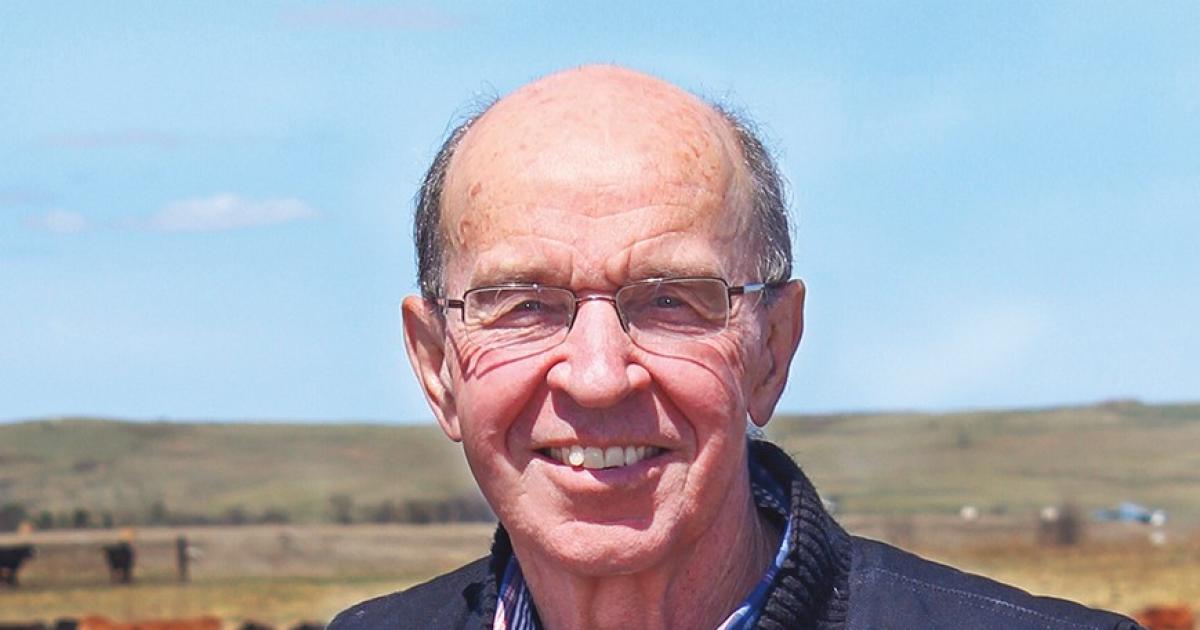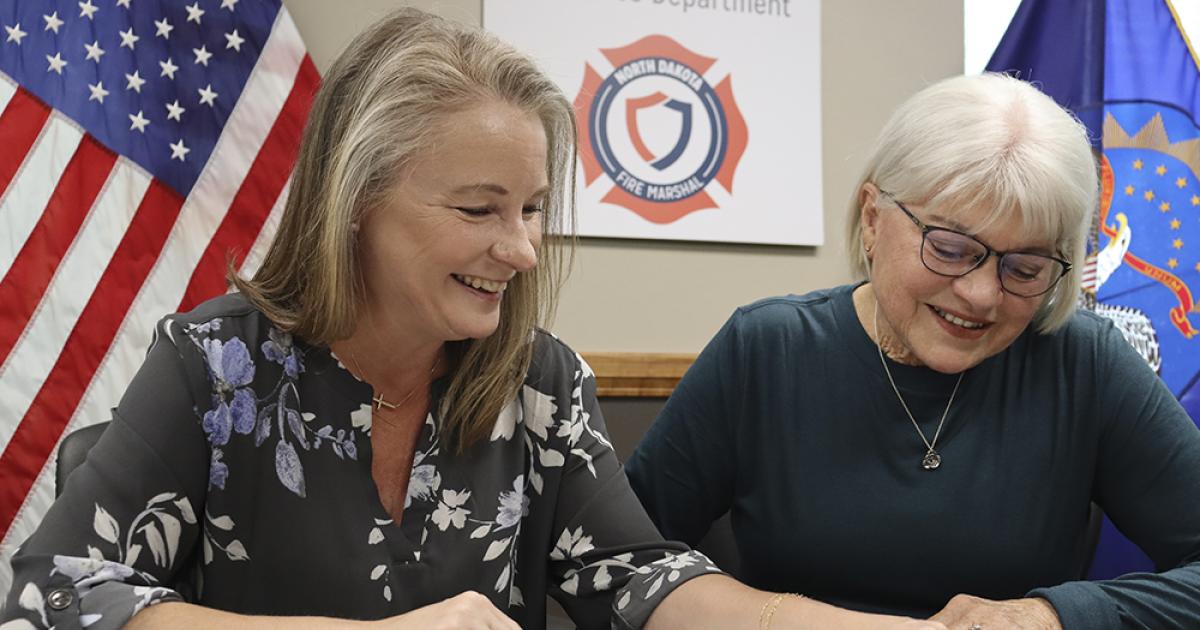“It shocked everybody as to what was going on, but I saw something in our companies this spring,” says N.D. Agriculture Commissioner Doug Goehring. “It was so enjoyable to watch how quickly they adapted. They looked at creating a new product or learning a new skill, based on what need existed in the market. (The pandemic) gave quite a few of them time to assess, or reassess, their business plan. Some actually took the time to maybe reinvent themselves a little bit. Others became more familiar with online sales.
Cally Peterson
“Emmit’s a mini-Eric,” says Candace Sieg, the family’s matriarch. “He remembers everything and anything that comes out of Dad’s mouth.”
Emmit’s two older sisters, Isabel, 18, and Avery, 10, are also part of Eric’s fan club. You can see it in the way they look at their father and talk about one of their favorite family activities – hunting. All three children grew up hunting with their dad; Eric started them young.
“When they were 3 years old, Eric would dress them up at 5 in the morning, and they would go lay in the blind,” Candace says.
Derrick Bulawa had recently arrived in Steele to take over as general manager of BEK Communications Cooperative. He set his eyes on adding a TV service to BEK’s portfolio that offered local sports, and he pegged Jordan Hassler as the young buck to move the idea forward.
“They wanted to do something different, something that gave them a competitive advantage when they launched,” Hassler says. “They wanted to give something to their members that they couldn’t get anywhere else.”
“There’s this culture of being tough and having to suck it up, and that is why you have such a high burnout rate,” she says.
She speaks from experience. In 1991, Thompson moved to Steele from Wisconsin. A new neighbor asked her if she wanted to join the ambulance squad. She agreed. The neighbor handed her a pager, and just like that, she was on call.
Four hours later, the pager went off.
“I had no training whatsoever, no orientation. I didn’t even know the crew. And I was just told to show up to the ambulance hall,” she recalls.
“You can’t sit around here and do nothing, or you’re going to be crazy,” she told Dixie.
The tight-knit Keene community encouraged Dixie to open the café, knowing she had worked in restaurants since her teen years.
“My biggest fear was I didn’t know how to make soup, or omelets,” she recalls, knowing that soup-and-omelet making would be required by the job.
She, like many engaged in the Woman’s Christian Temperance Union (WCTU), supported women’s right to vote, about as much as she favored prohibition. It was due, in part, to both these lesser-known suffragists and suffragist leaders in North Dakota – Dr. Cora Smith Eaton, Elizabeth Preston Anderson, Clara L. Darrow and Linda Slaughter – that the state Legislature swiftly passed the 19th Amendment to the U.S. Constitution, giving women the right to vote upon ratification Aug. 18, 1920.
Many factors outside of Thompson’s control will determine if she can oblige Mundt’s request. Price. Supply. Distribution. Allocation. Add the increased price tag to obtain lower volumes of goods and higher transportation costs to rural areas, and the shelf price of gingersnaps might be more than Mundt or other customers are willing to pay. The options dim. Sell the cookies at a loss or don’t get the gingersnaps at all?
This conundrum speaks to a much larger issue – one that has been given a platform by a worldwide pandemic.
SUPPLY CHAIN DISRUPTIONS
Disruptions in the supply chain and slaughter capacity limitations from temporary closures or reduced workforce have caused frustration for ranchers and consumers alike.
“That limitation has caused an impact by backing up the supply,” Ellingson says. “I’ve heard from many producers that have been unable to obtain a bid – they have fed cattle ready to go – not just a low bid, but no bid, for weeks on end because there hasn’t been an outlet for them to deliver it to.”
That’s because gelato is made with more milk than cream, compared to regular ice cream, and has about half the butterfat content. Gelato is also churned slower and warmer, Murphy explains, and incorporates less air, helping to keep it dense, fluid and creamy.
The daughter of dairy farmers from the Netherlands, Murphy’s heart was for dairy, but she didn’t want to be the farmer. She dreamt of a value-added agriculture enterprise.


